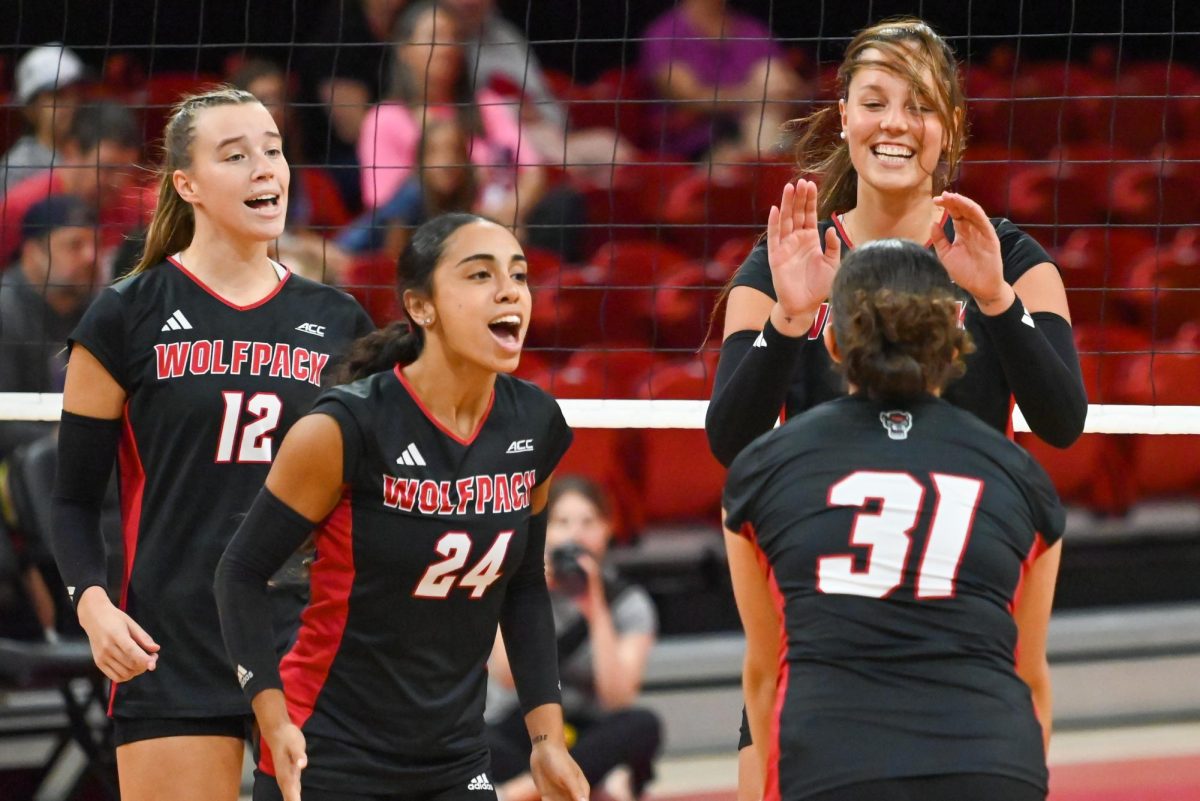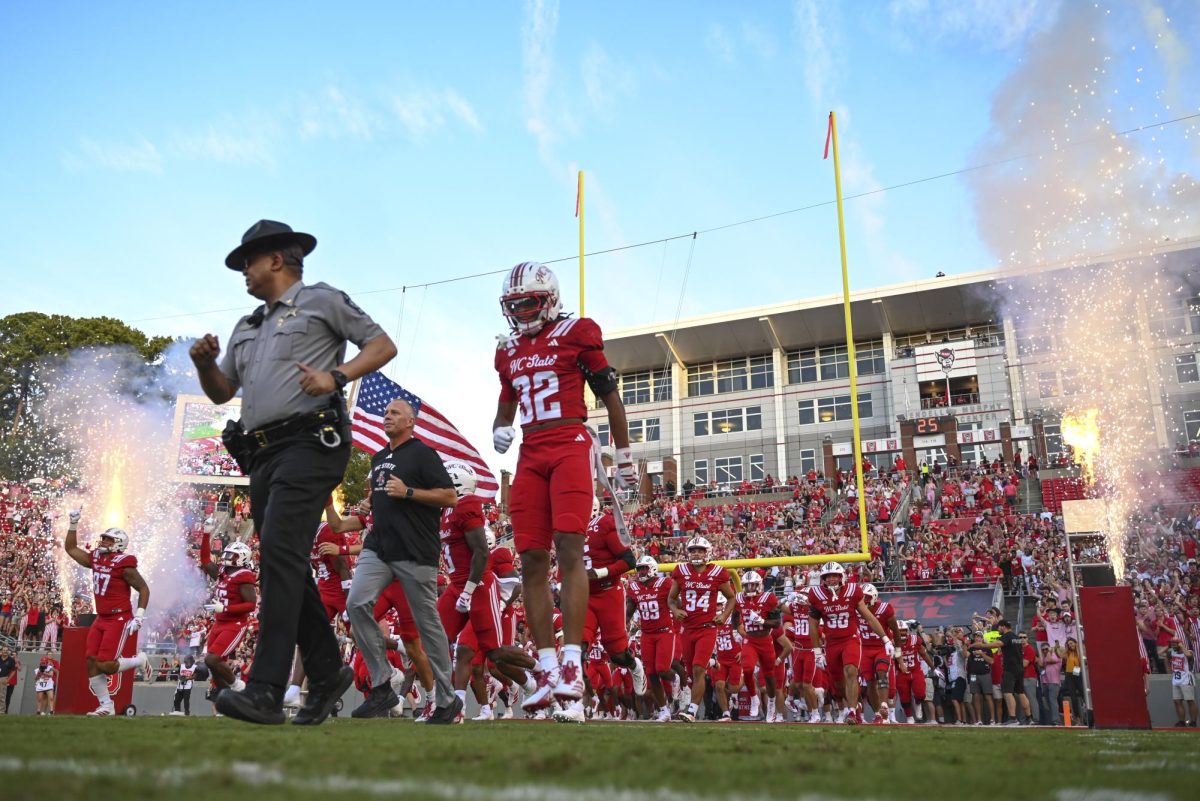The National Association for College Admission Counseling voted to permit the use of commissioned agents in recruiting international students for U.S. colleges and universities on Saturday.
Despite the new ruling, N.C. State will not utilize commissioned agents, according to the Office of Undergraduate Admissions’ website.
“It is not necessary to engage an agent in order to have a strong chance of admission to N.C. State,” according to the website. “Admission decisions are not based on the recommendations of agents.”
Elizabeth James, the Director of the Office of International Services, said the use of commissioned agents can present ethical concerns.
“Anytime you involve money in recruiting students, there is a possibility to affect the integrity of the process,” James said.
N.C. State’s international recruitment efforts are by admissions employees who work directly with the University to target students through recruiting fairs and other efforts.
Without the use of commissioned agents, the number of international students enrolled at N.C. State has increased in recent years.
Last fall, 119 non-U.S. first-year students at the University. In 2010, there were 46. Numbers for this year are estimated to be about 140, according to University Planning and Analysis
“N.C. State is already attracting a large number of international applicants without the use of commissioned agents,” said Thomas Griffin, the director of Undergraduate Admissions at N.C. State. “[Commissioned agents] are not necessary or desirable because their incentives for enrolling students are not in the best interests of the students themselves.”
Although some universities and colleges may choose to use incentive-based agents, James said that they do not always seek what is best for the success of students and are not necessary to enroll a base of international students.
“N.C. State’s ultimate goal is to enroll the best-qualified students who really want to attend university,” James said. “We have achieved incredible success in the recruitment of international students without the use of agents, and we will continue not to use them,”
In the recruiting process, commissioned agents from lesser-known institutions can sometimes misrepresent aspects of the college or university to encourage students to attend. Although this is not always the case, agents paid by the number of accepted students to particular universities can influence a student’s application to the point where it is not representative of their own work.
NACAC’s decision to permit the use of commissioned agents applies only to the recruitment of international students.
Federal law prohibits the use of incentive-based agents to recruit U.S. students because of the ethical challenges it presents.
The decision, made at NACAC’s annual national conference held in Toronto, Canada, brought change to the association’s ethics standards and revised its Statement of Principles of Good Practice.
Incentive-based agents are a topic of controversy because of ethical standards in the college admissions process. With NACAC’s ruling, colleges or universities choosing to use commissioned agents are allowed to do so, assuming they follow guidelines that ensure accountability, integrity and transparency.
The decision to allow incentive-based recruiting will take effect in a year, after NACAC’s Admission Practices and International Advisory Committees debate implications of the policy.
NACAC’s resolution calls for member institutions to release clear statements about their use of incentive-based agents.




